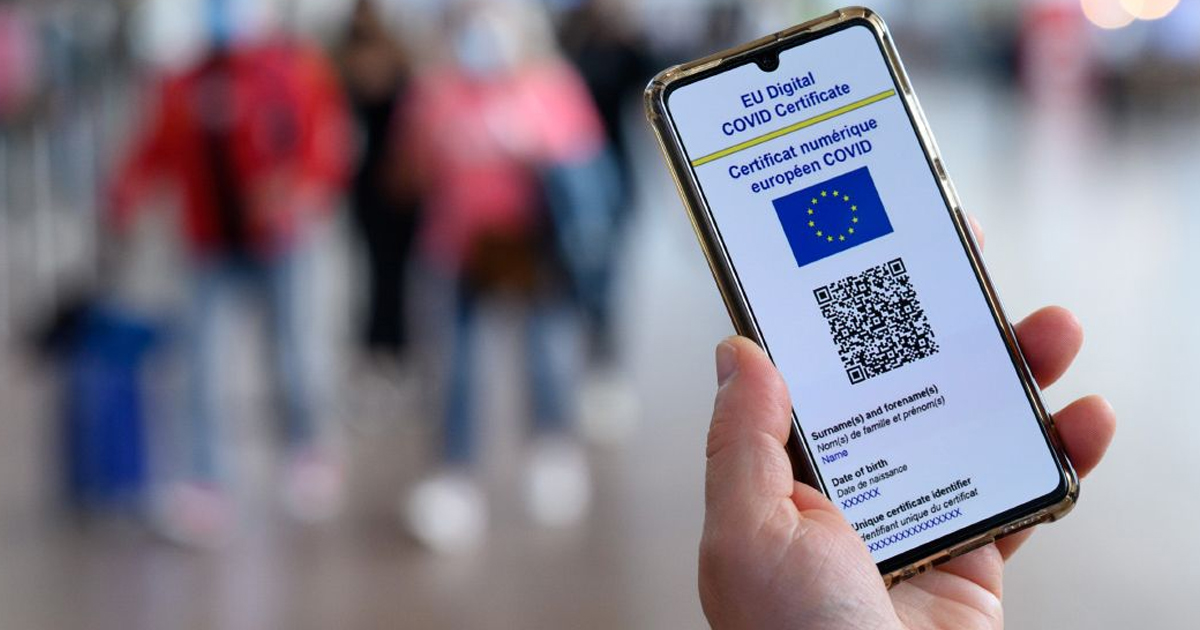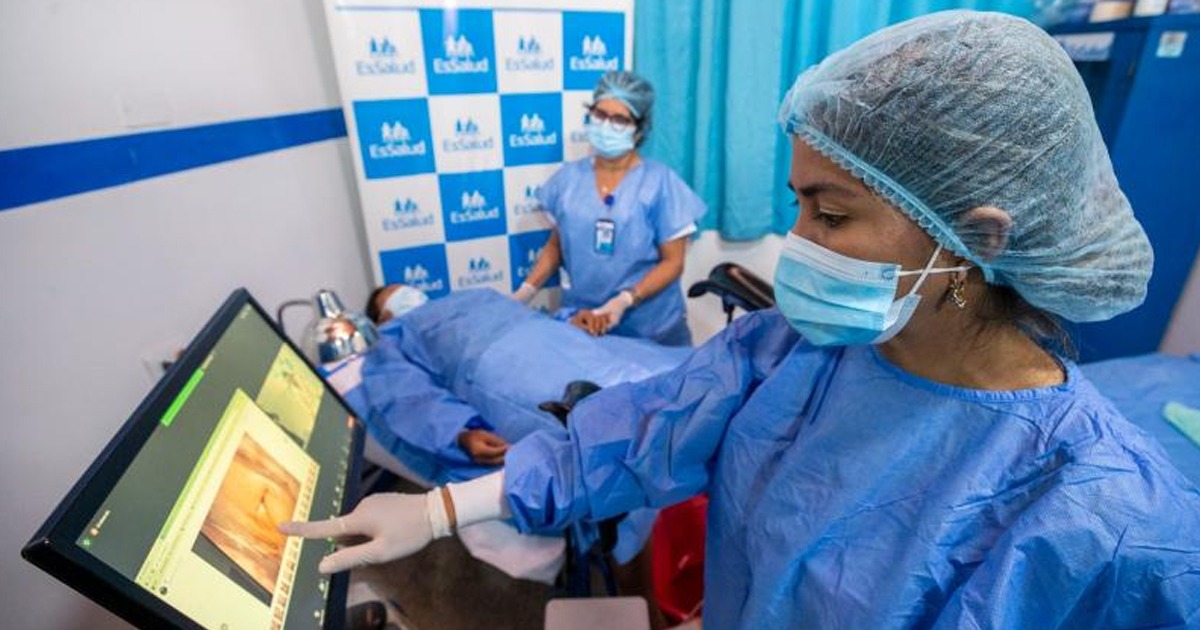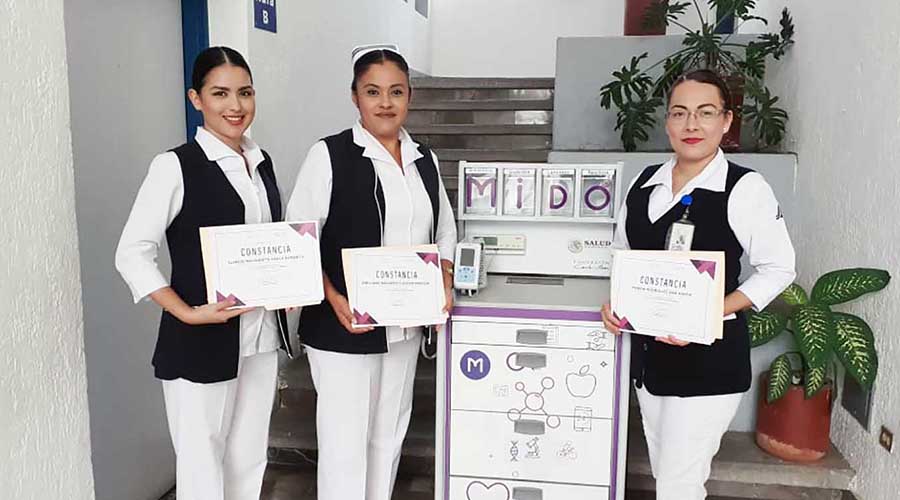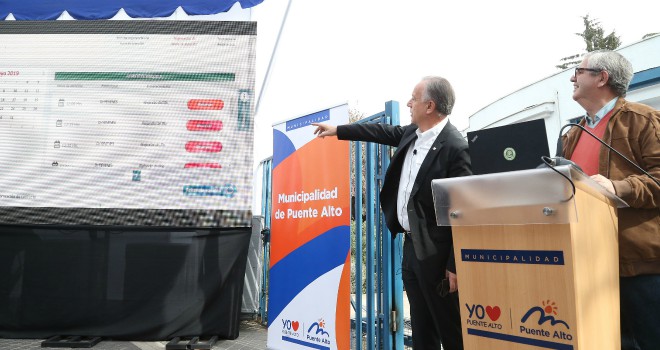Working with Digital Health involves keeping track of endless data that needs a space to stay protected, the problem is that when it comes to nomenclatures with different interpretations and characteristics, they must be isolated and stored in different systems.
Mayo Clinic, located in the state of Massachusetts, plans to improve the exchange of information through its operable systems.
The project is to keep all the medical information available in one place for both patients and doctors and specialists. To do this, it is necessary to work together and integrate all the variables of the different databases and integrate them into a single one.
The central problem lies in the interoperability of information systems, as each uses a different language and code. Mayo Clinic’s purpose is to adapt a unique code that allows access to all stored information and, in this way to contribute ideas as a united community.
In this way the patient will have more security when accessing all their information in their medical history; because they can consult it in real time from anywhere so the patients can continue with their treatments.
Interoperability allows to communicate, exchange data and use information between different systems and/or software that safeguards these elements for the future to intertwine and analyze each other.
It is therefore essential that different health systems can transfer from one side to another through specific interfaces, adapted or customized, that structure information in a similar way.

To exchange information smoothly, the Mayo Clinic uses the Fast Healthcare Interoperability Resources (FHIR) protocol developed by the international organization Health Level Seven (HL7).
This procedure involves achieving a union through a specific language and that elements called resources can be understood in a clear and concise way thus avoiding ambiguity between health concepts or, at the very least, ordering their concepts into groups that are not so complex to locate.
With these functions the great data volume that Mayo Clinic could handle could be saved into a single platform, unifying data that their services create, such as the following ones:
- Health books
- Healthy Living Program
- International Advisory Services
- Sport Medicine
- Public programs for health and well-being
- Mayo Clinic Health Letter
- Medical lab services
- Mayo Clinic Voice Apps
- Medical products
Know the different services though the following link: https://healthyliving.mayoclinic.org/?mc_id=global&utm_source=mayoclinicorgproductsservices&utm_medium=l&utm_content=healthylivingprogram&utm_campaign=hlp&geo=national&placementsite=enterprise&cauid=100470
Thanks to the benefits of interoperability in compatibility, the entire data ecosystem can be easily accessible in a unified and functional infrastructure.
HEALTHCARE IT NEWS
HABLANDO DE SALUD
https://hablandoesalud.wordpress.com/2015/03/23/que-es-fhir-y-por-que-deberia-preocuparme/
EHCOS
https://www.ehcos.com/interoperabilidad-los-sistemas-salud/
MAYO CINIC






